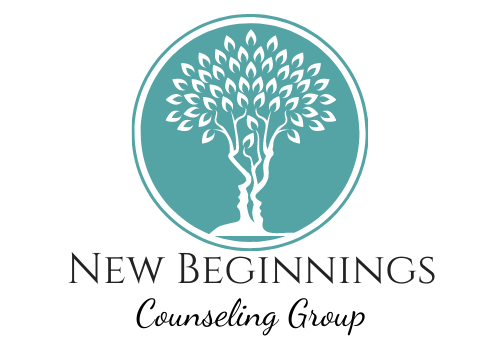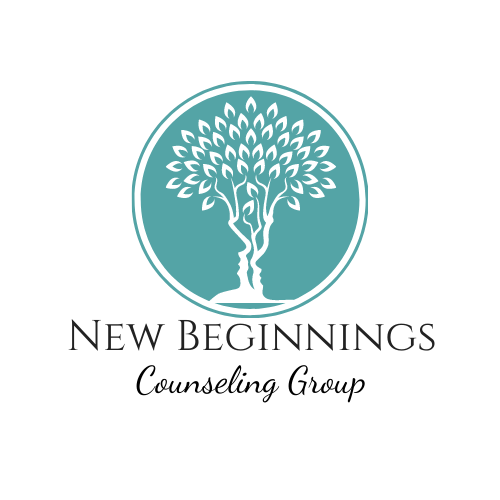You are not alone…
**BEGINNING ON MARCH 16TH 2022**
Postpartum support groups are one of the best ways to treat postpartum depression. Support groups offer encouragement, comfort and advice in a safe, non-judgmental setting. They’re especially helpful for new mothers, because they provide help to those affected by PPD feel accepted, understood and validated in their struggles, normalizing their feelings and helping these women from feeling so alone.
Our support groups are professionally and peer facilitated meetings for women affected by perinatal mood and anxiety disorders. The group meetings take place on a regular basis, every 1st & 3rd WEDNESDAY of the month.
These structured meetings typically cover a number of topics, including:
- Unique personal stories
- Coping skills
- Challenges
- Treatment feedback
- Success stories
Benefits of Support Groups
There are several benefits of participating in support groups, including:
Regular and Ongoing Treatment Options
Because support groups take place on a semi-weekly, weekly or bi-weekly basis, they are beneficial in providing consistent and ongoing therapy for those affected. They also help provide stability and routine.
Access FREE Treatment
Our support group is FREE, minimizing barriers to women having access to treatment. This makes getting help more accessible to those who are not able to pay for treatment otherwise.
Build Social Connections
Having postpartum depression and anxiety can resulting in feeling very alone. Because people facing depression are likely to isolate themselves, support groups build social connection between group members.
Receive Emotional Validation
Many people suffering from postpartum depression feel terrible guilt and shame about their symptoms. Support groups help break the stigma and offer validation for the feelings, thoughts and emotions being experienced. This helps those affected to further accept their condition and become more open to treatment and recovery possibilities.
Participate in a Safe and Non-Judgmental Environment
Suffering in silence with postpartum depression is common. Support groups help to protect members’ identities and provide non-judgemental advice that will never be shared with others, such as family members, friends or employers.
Facilitated by Professional Health Care Providers and Peer Support
All meetings are led and facilitated by professional health care providers. This ensures that accurate and helpful treatment advice and coping skills are offered by real experts. We also have seasoned peer support leaders who have “been there’” to help you feel understood.
Develop Deeper Understanding of Your Condition
Support groups also help to provide education about postpartum depression so members can better understand how and why the condition is affecting them.
Learn Healthy Coping Skills
Most importantly, support groups offer practical tools and skills that help members address and treat their symptoms themselves.


